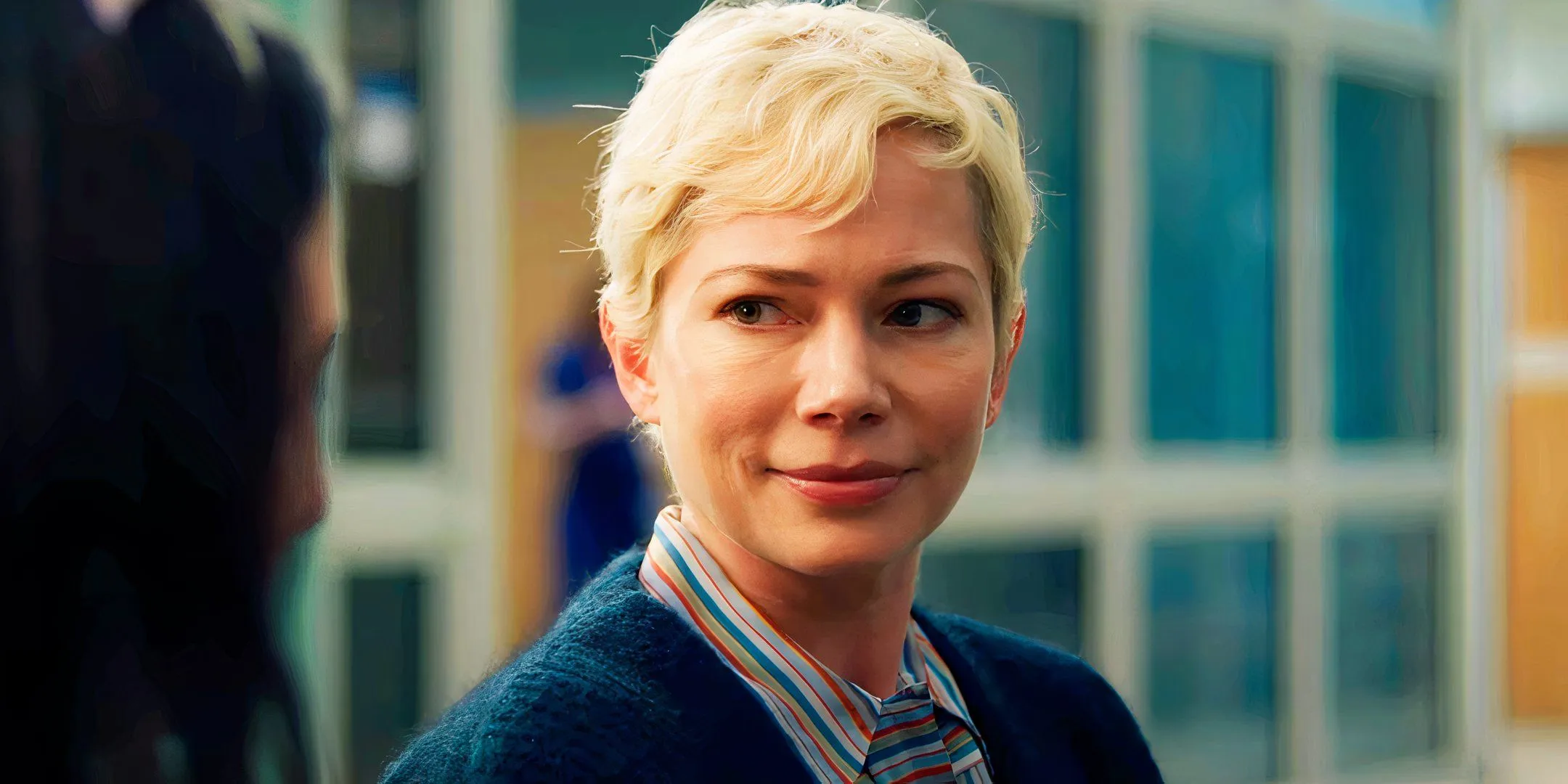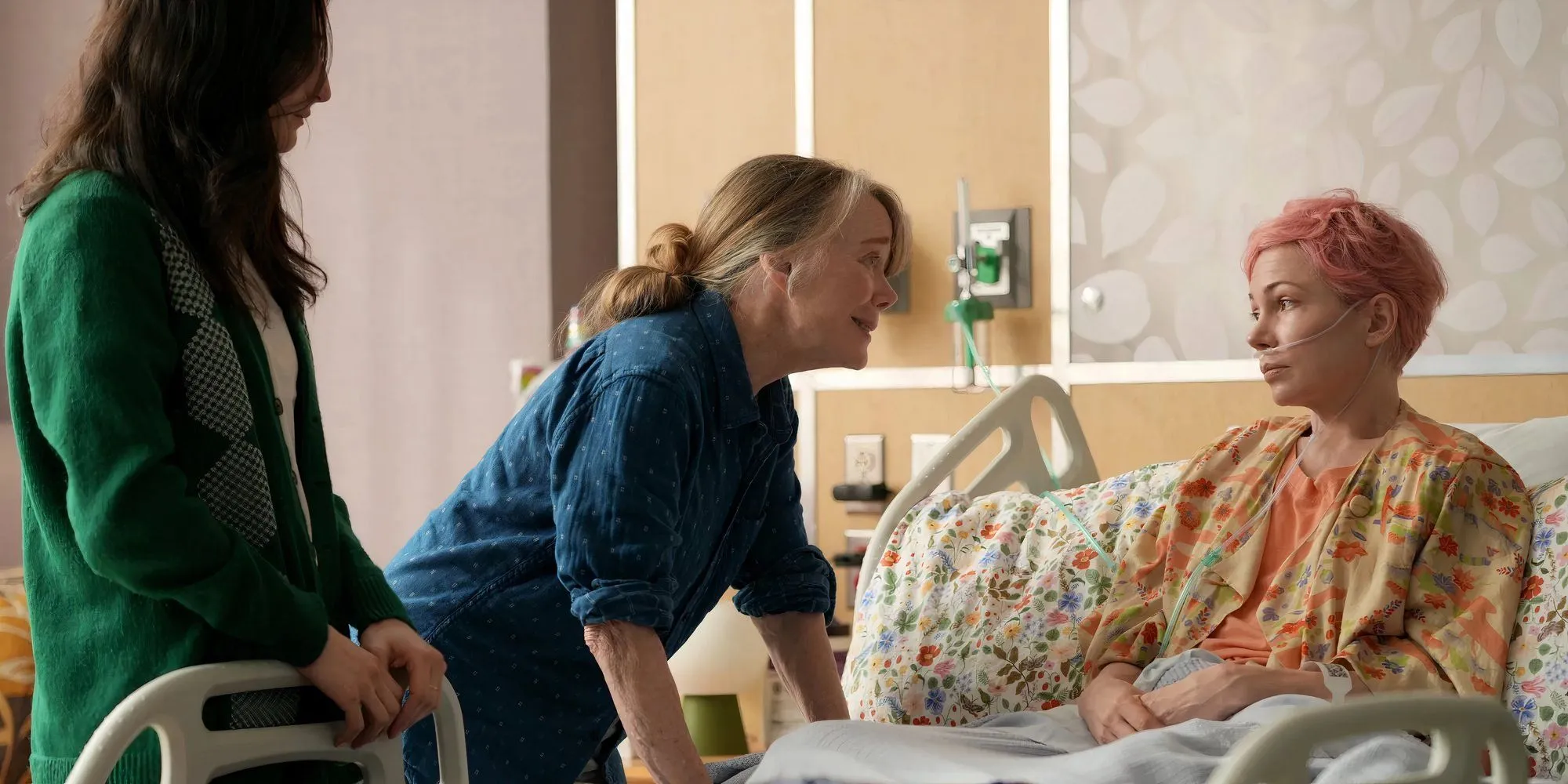Warning: Spoilers Ahead for FX’s Dying for Sex! The FX miniseries Dying for Sex masterfully subverts the traditional “dying lover”narrative, showcasing a poignant moment that encapsulates this innovative approach. Based on the true-story podcast of the same name, the 2025 series chronicles the journey of Molly, a woman confronting the grim reality of Stage IV breast cancer. Faced with her mortality, Molly embarks on a quest for sexual fulfillment, driven by her desire to experience an orgasm with another person, an endeavor she had only previously achieved through solo exploration. Her mission ultimately leads her to a neighbor, where she finds new love amid her terminal diagnosis.
While Molly initially seeks to broaden her sexual experiences with various men, she unexpectedly develops deep feelings for “Neighbor Guy.”This unexpected twist categorizes Dying for Sex within the “dying lover”trope but with a significant departure from the typical representation. Many films and TV series tend to overly romanticize terminal illness, painting a picturesque yet unrealistic portrait of love and loss. In contrast, Molly’s tale encompasses themes of BDSM, self-exploration, and childhood trauma, and the FX series cleverly satirizes conventional romance narratives.
Molly’s Ironic Take on Romantic Tropes in Dying for Sex
How These Stories Typically End

Upon revealing her cancer diagnosis to Neighbor Guy, Molly anticipates the end of their budding relationship, fearing he will view her with pity. Convinced that there’s no space for romance in her remaining days, she’s surprised when he chooses to stay. This moment, emblematic of the romance genre, typically features a love interest pledging eternal devotion—in this case, Neighbor Guy’s heartfelt yet humorous revelation provides a refreshing twist:
Molly: “What’s going to happen here? We’re gonna have some tragic love story, and we walk through a park in the autumn, and I get a leaf caught in my hair, and you’re like, ‘Oh, you have a leaf in your hair,’ and then I just f**king die?”
Neighbor Guy: “No. No leaves in your hair. Just….keep kicking me in the d*ck.”
Molly’s metaphor about a park walk cleverly highlights romance tales’ usual treatment of dying lovers. Such narratives often gloss over the harsh realities of death, favoring picturesque moments under the warm hues of autumn, a season that symbolizes an impending conclusion. In typical portrayals, the dying character is often idealized, becoming an almost angelic figure while the surviving lover is tasked with cherishing their memory. Dying for Sex, however, breaks this mold, as Molly and Neighbor Guy embrace their final months together with a commitment to continue their unusual adventures.
A More Authentic Representation of Terminal Illness
An Unfiltered Narrative from FX

Dying for Sex not only brings humor to the typical romantic narrative but also unveils a raw portrayal of terminal illness. From the outset, viewers understand Molly’s fate, marking this series as distinct in its unflinching depiction of death—a stark contrast to the sensationalized versions often presented in media. Molly bids farewell to Neighbor Guy before entering hospice care, choosing to only have her mother and best friend by her side as she navigates the stages of dying.
This narrative eschews the dramatic death scenes filled with chaotic hospital environments and emotional family responses. Instead, Molly’s decline unfolds predictably within the confines of hospice—her body embracing the natural process of dying, culminating in a serene acceptance depicted with honesty. Dying for Sex not only authentically captures this experience but does so with a blend of heartache and hilarity, offering an unvarnished view of the dying process devoid of the typical romantic clichés. It poignantly addresses the complexity and reality of love, loss, and the human condition.


